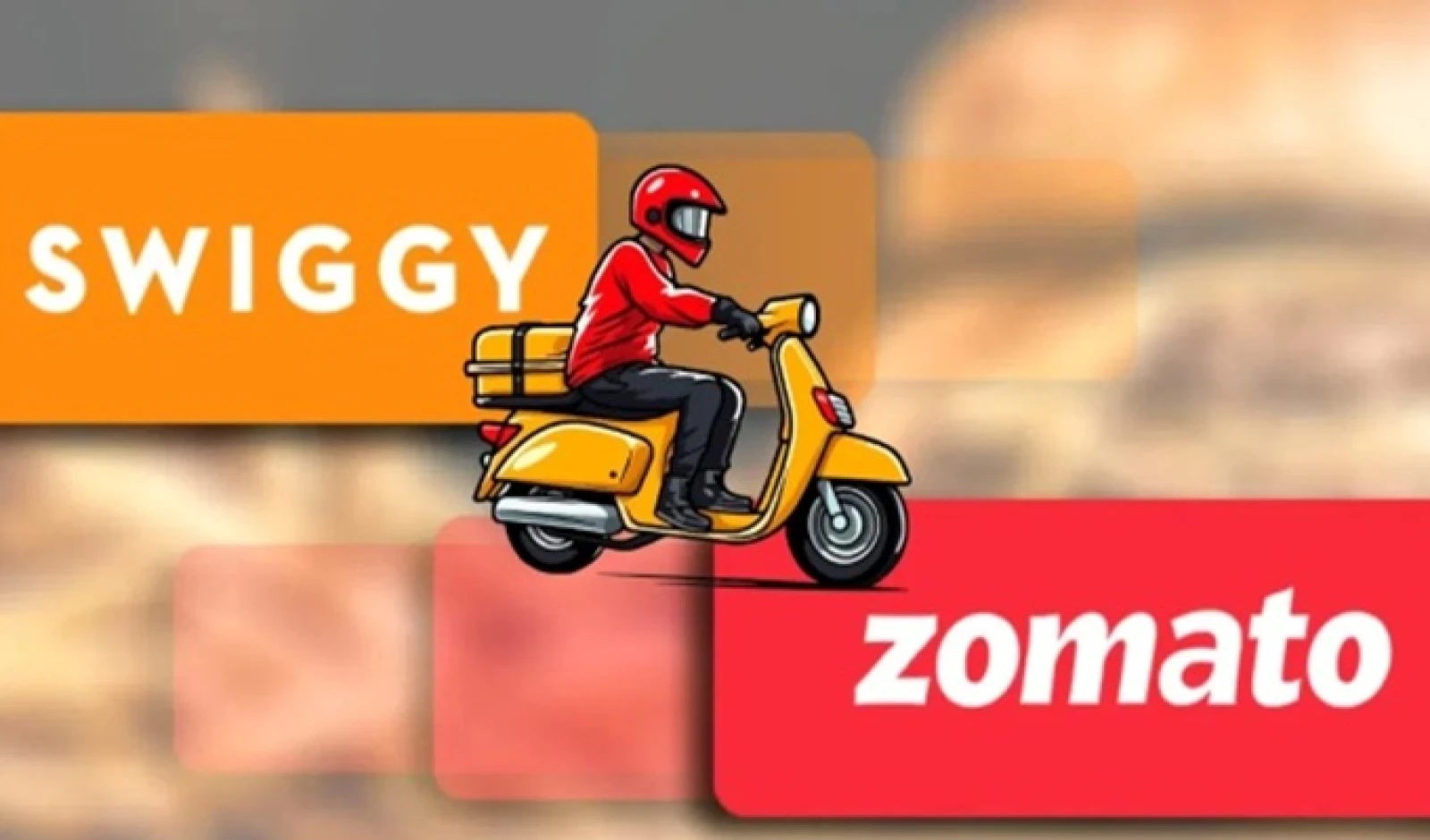
Food delivery majors Zomato and Swiggy are each facing an estimated ₹180–200 crore annual Goods and Services Tax (GST) liability following a recent clarification by the GST Council. The Council has confirmed that online platforms must pay 18% GST on delivery fees, even when the actual delivery is carried out by gig workers.
This move ends a long-standing debate over whether delivery platforms are responsible for remitting GST on logistics charges collected from consumers. According to the Council, since platforms are the ones levying the delivery fee, they are liable to pay tax under Section 9(5) of the Central GST Act, which holds digital intermediaries accountable for tax compliance in aggregator-driven sectors like food delivery and ride-hailing.
Executives from both Zomato and Swiggy confirmed the additional tax burden and said it would likely be shared with delivery workers in the near term, potentially affecting their earnings. “This will be partly passed on to delivery workers and may reduce their earnings in the short term,” a Zomato executive said. Swiggy is reportedly exploring a similar model and is also considering a consumer-facing levy to offset the impact.
The clarification adds further pressure on platforms already grappling with slowing growth. Zomato and Swiggy have reported year-on-year gross order value (GOV) growth of less than 20% in recent quarters. For the April–June period, Zomato posted an operating profit of ₹451 crore, while Swiggy’s food delivery arm earned ₹192 crore.
The tax update may also affect ongoing tax disputes. Zomato received a tax notice in December 2024 demanding ₹803 crore (including penalties and interest) for the 2019–2022 period. Swiggy, too, has been issued a pre-demand notice. It is unclear whether the latest clarification will influence the outcome of these cases.
Analysts view the move as a moderate negative for the sector. Jefferies said the added tax burden could hurt near-term margins, while Morgan Stanley noted that platforms may eventually pass the cost on to consumers.
Previously, platforms had argued that delivery fees collected from customers are paid directly to gig workers, with the company often subsidizing the gap. The Council’s ruling now places full tax responsibility on the platforms, aligning food delivery with other aggregator-led services.

